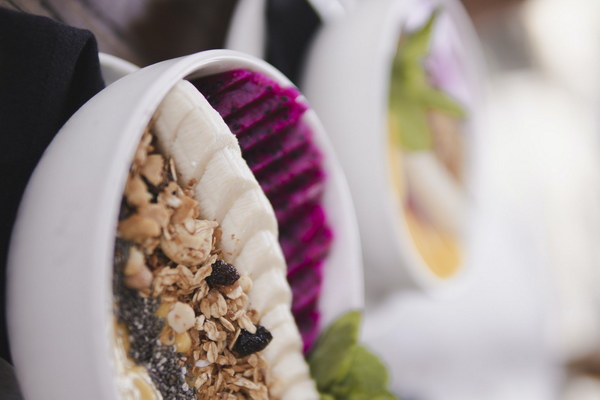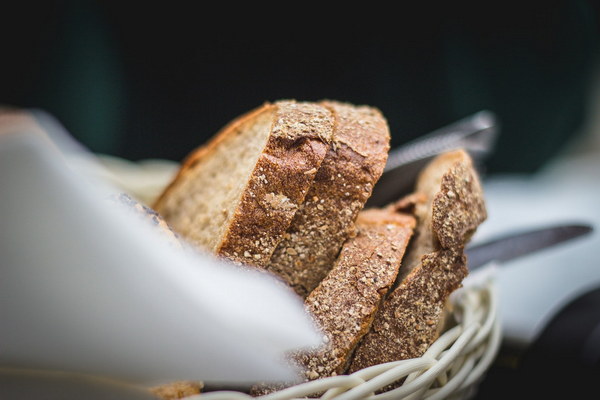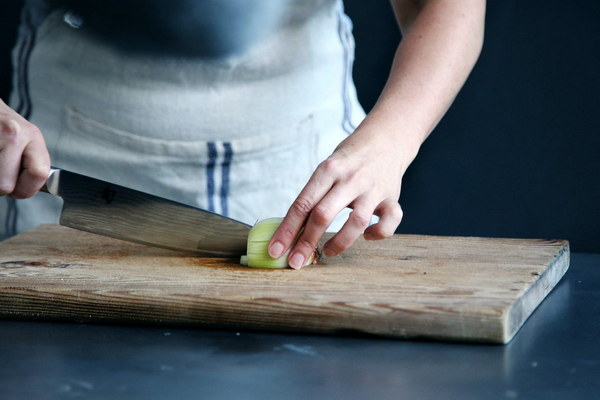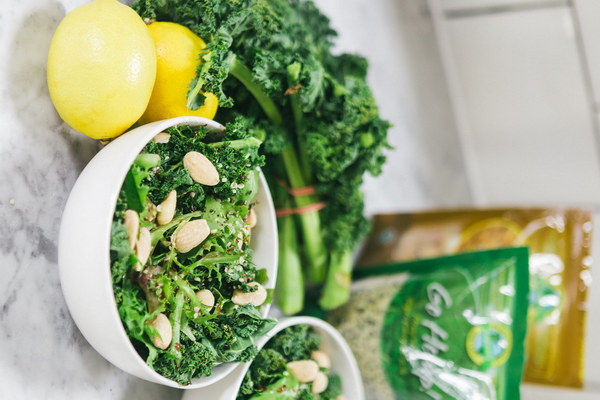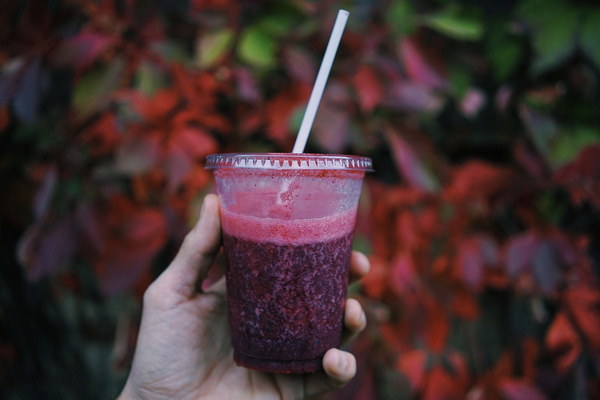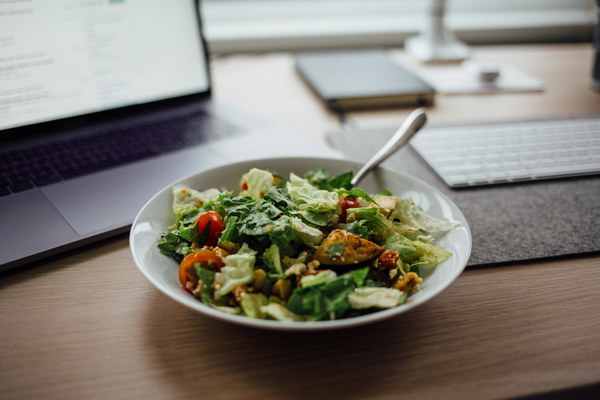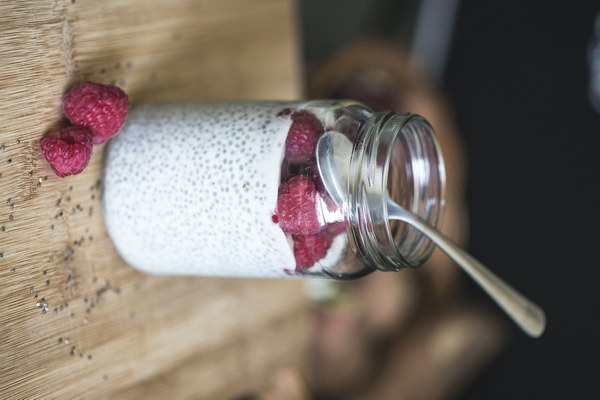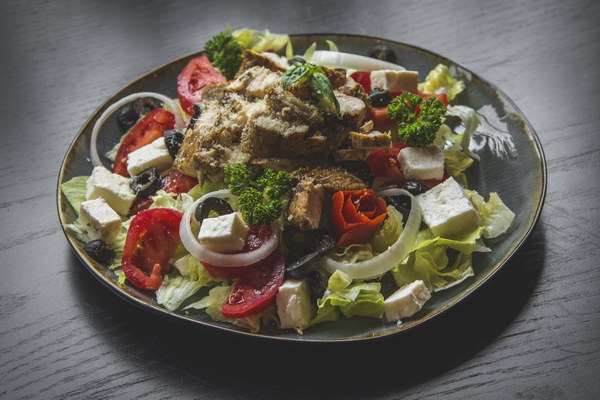Nutritional Boost for Fracture Recovery What to Eat for a Speedy Healing
Nutritional Boost for Fracture Recovery: What to Eat for a Speedy Healing
When it comes to recovering from a fracture, proper nutrition plays a crucial role in ensuring a swift and robust healing process. The body requires a balanced intake of essential nutrients to rebuild and strengthen the damaged bone tissue. In this article, we will explore the best dietary choices to support fracture recovery and provide you with a comprehensive guide on what to eat to speed up healing.
Protein: The Building Blocks of Bone Repair
Protein is the cornerstone of bone repair, as it provides the necessary amino acids for the body to produce collagen and rebuild bone tissue. Good sources of protein include lean meats, poultry, fish, dairy products, eggs, legumes, nuts, and seeds. Here are some specific protein-rich foods to include in your diet:
- Lean meats: Chicken, turkey, and lean cuts of beef are excellent sources of protein.
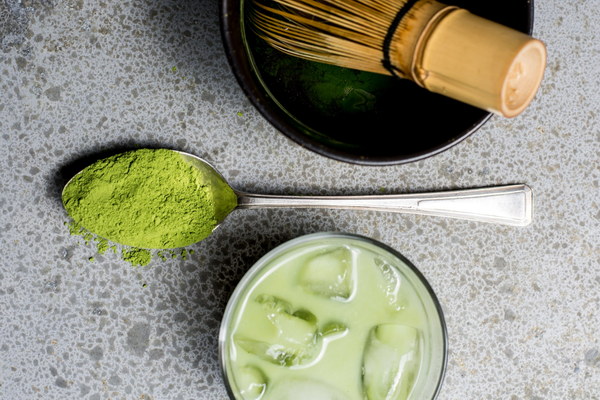
- Poultry: Turkey and chicken are not only high in protein but also rich in vitamin B6, which is essential for the production of red blood cells and the maintenance of the immune system.
- Fish: Tuna, salmon, and sardines are great choices, as they are also high in omega-3 fatty acids, which can help reduce inflammation.
- Dairy products: Milk, cheese, and yogurt are rich in calcium and vitamin D, which are crucial for bone health.
- Eggs: Eggs are a complete protein source and contain nutrients like vitamin A, which is important for bone growth and repair.
- Legumes: Beans, lentils, and chickpeas are excellent plant-based sources of protein and also provide fiber and other beneficial nutrients.
- Nuts and seeds: Almonds, chia seeds, and flaxseeds are great for protein, healthy fats, and minerals like magnesium and zinc, which are important for bone health.
Calcium and Vitamin D: The Dynamic Duo for Strong Bones
Calcium is the primary mineral found in bones, and vitamin D helps the body absorb calcium, making it a crucial pair for bone health. Here are some foods that are rich in calcium and vitamin D:
- Milk, cheese, and yogurt: These dairy products are not only high in calcium but also contain vitamin D, which is often added to fortified milk.
- Fish: Fish like salmon, mackerel, and sardines are high in vitamin D and calcium.
- Leafy greens: Spinach, kale, and collard greens are excellent sources of calcium and can be a great addition to your salad or smoothie.
- Fortified foods: Oatmeal, orange juice, and cereals are often fortified with calcium and vitamin D.
Vitamin C: The Collagen Helper
Vitamin C is essential for the production of collagen, a protein that provides structure to bones, tendons, and other connective tissues. Citrus fruits, strawberries, bell peppers, kiwi, and guava are all excellent sources of vitamin C.
Magnesium and Zinc: The Bone-Strengthening Minerals
Magnesium and zinc are two minerals that play a role in bone metabolism and repair. Good sources of magnesium include almonds, cashews, black beans, and avocado. Zinc can be found in nuts, seeds, legumes, and whole grains.
Hydration: The Unsung Hero of Healing
Water is essential for overall health and healing, as it aids in the transportation of nutrients throughout the body. Ensure you are well-hydrated by drinking plenty of water throughout the day.
Balanced Diet and Hydration for Optimal Recovery
To maximize the benefits of your dietary choices, it's important to maintain a balanced diet. This includes a variety of fruits, vegetables, whole grains, lean proteins, and healthy fats. A balanced diet ensures that you are not only getting the necessary nutrients for bone repair but also supporting overall health and recovery.
In conclusion, proper nutrition is a key factor in the healing process after a fracture. By incorporating a variety of protein-rich foods, calcium and vitamin D sources, vitamin C, magnesium, zinc, and staying well-hydrated, you can provide your body with the tools it needs to recover quickly and strengthen your bones. Remember, patience is also crucial, as healing takes time, and proper nutrition is just one part of the recovery journey.
